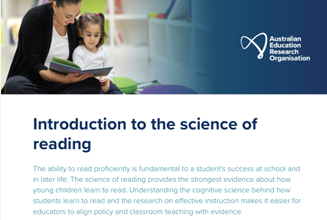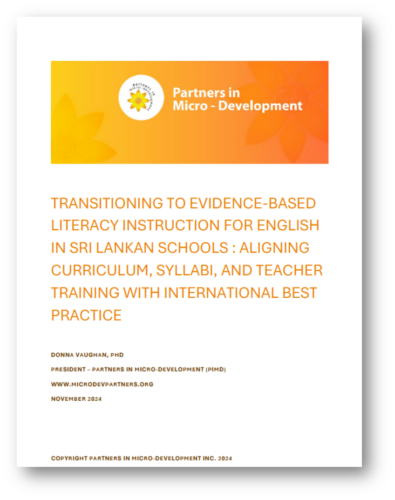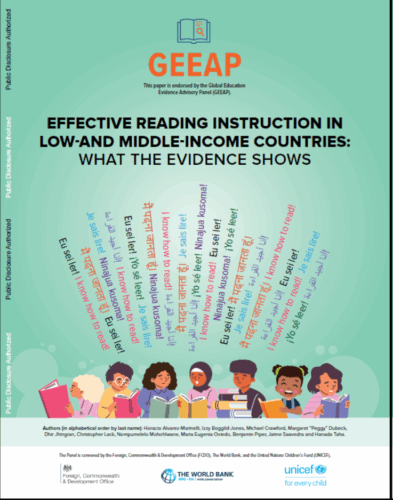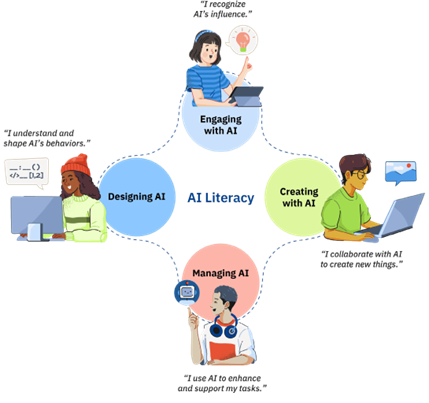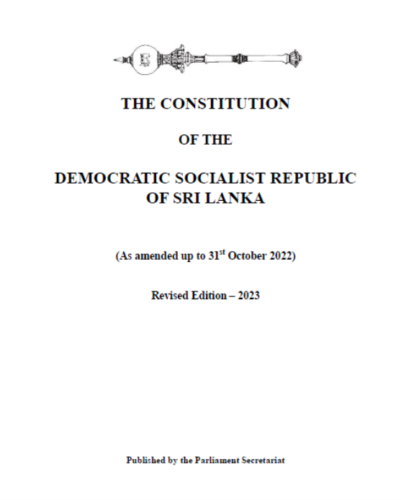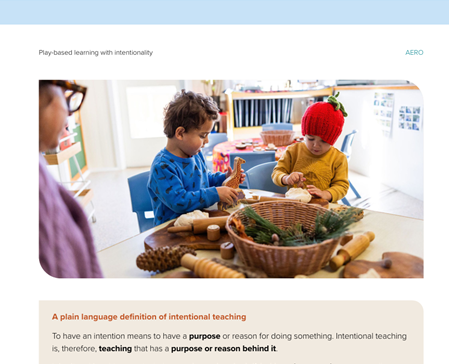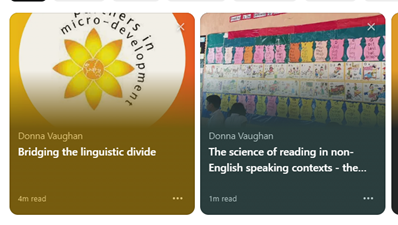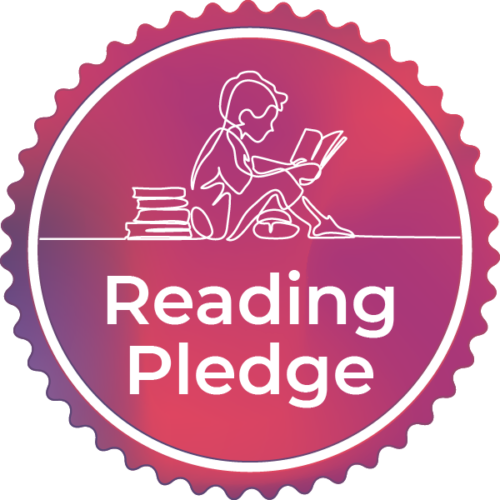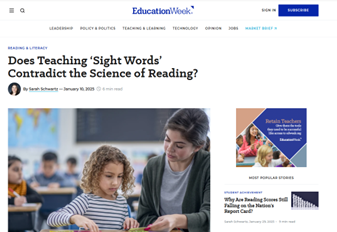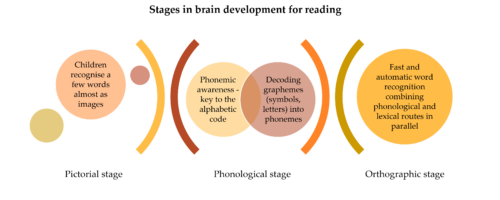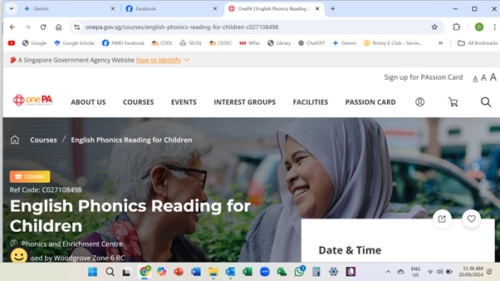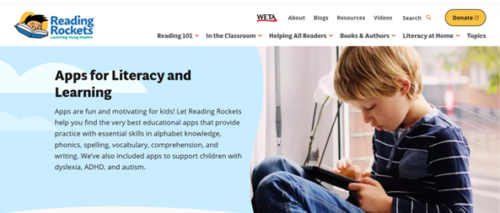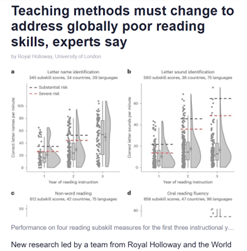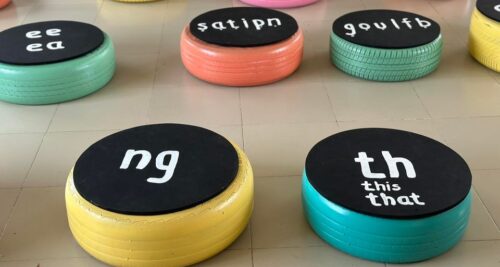Explore a curated collection of articles and resources from teachers and other leading experts in English literacy education on our Knowledge Sharing blog
Subscribe to our monthly Science of Reading Report for the latest developments in research, policy, curriculum, and literacy instruction in the classroom
Our new report aimed at Sri Lankan policy makers on how to transition the English curriculum in Sri Lanka ..
This report from the World Bank’s Global Education Evidence Advisory Panel (GEEAP) advocates for evidence-based literacy instruction in all languages
This report from the European Commission and OECD sets how competencies, skills and knowledge relating to AI that are required by all school students.
National language policy is a hotly debated topic in multi-ethnic, multi-lingual societies. To avoid politicisation and social division, policy makers need to consider not only equity and access but also pedagogical guidelines and best practice.
Play-based learning only works when there is a clear, intentional, learning purpose designed and built into the play. A recent AERO discussion paper explains what this means.
Follow PIMD on Substack and join the discussion on how to implement evidence-based instruction in Sri Lankan schools with limited resources
What are the most effective research based instruction strategies for reading comprehension?
Should Provincial Education Departments take a Reading Pledge to improve English literacy in primary and secondary schools?
What is the science of reading and how does it relate to how we teach literacy?
Does phonics knowledge and decoding skills help students learn to recognise sight words? What do we mean by ‘sight words’?
What is the science of reading and what does it tell us about how we learn to read and how we should teach reading skilss?
Phonics is gradually making an impact in other countries in the Asian region especially in Singapore and Malaysia where it is part of the English curriculum.
Mobile apps for literacy learning can be used by students and teachers can also get ideas for classroom activities.
Science of reading based literacy instruction is now policy in all English speaking countries. In the US it is law.
World Bank and Royal Holloway make the case for phonics instruction especially in low and middle income countries

